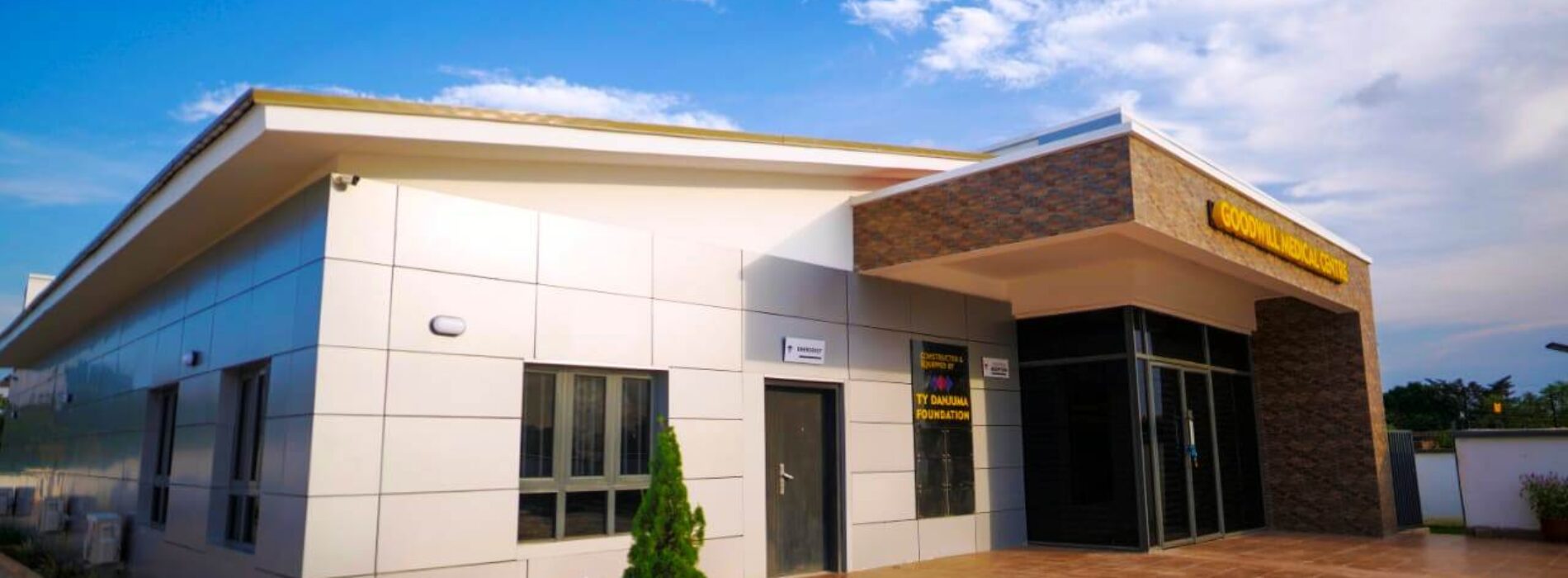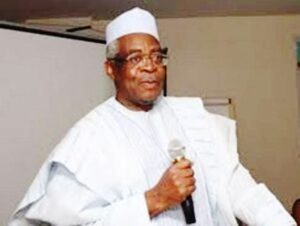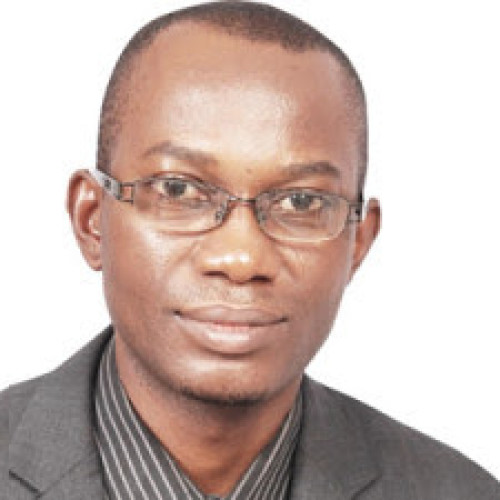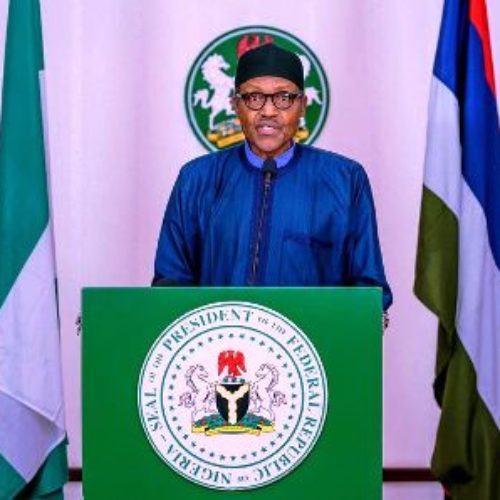Enugu gets model health centre for the poor
By Paul Ejime
On the 28th of November 2023, all roads will lead to the Umuchimgbo, Iji Nike, Abapka Community in the Enugu East Local Government Area of Enugu State, eastern Nigeria for an epoch event.
On that day, the community on the outskirts of Nigeria’s metropolitan coal City of Enugu, will welcome dignitaries and sundry guests to the Commissioning of a multimillion Naira project – a philanthropic response to the healthcare needs of the poor and low-income groups in the host community and neighbouring Eastern states of Nigeria.
It is an understatement that healthcare systems in Africa are disappointingly weak, under-staffed and under-resourced. Nigeria, the continent’s most populous nation is not spared the grim human development statistics.
According to the National Bureau of Statistics, 63% of persons living in Nigeria (133 million people) are multi-dimensionally poor because of a lack of access to healthcare, education, living standards, employment, and security.
The situation is most pronounced in the health sectorwith many African countries projected to miss the 2030 targets for the achievement of the critical United Nations Sustainable Development Goals (SDGs).
Coming at a time of severe socio-economic hardship and political polarisation in the aftermath of bruising and divisive elections, the Goodwill Medical Centre (GMC) Project is unique not only in the choice of its location (in a slum), but especially in its name, but it is also the brain child of Nigeria’s unsung philanthropists, with great empathyfor the poor and needy in the society irrespective of ethnicity, creed, religion or political affiliations.
Lt.-Gen. TY Danjuma GCON (Rtd) is a gentleman officer and an unassuming personality whose sacrifices and contributions to the development of Nigeria and other parts of the world are well documented. But the general is grossly underpublicized, in terms of his philanthropy and generosity, his big heart and unconditional love for the poor and underprivileged.
As a demonstration of this passion and public-spiritedness, General TY Danjuma agreed a few years ago to construct and equip a medical centre through his TY Danjuma Foundation. The centre is now ready, and the general has graciously agreed to commission it by himself.
Since his retirement from the Nigerian Army, it only took a fellow General to convince him to take up public office,to serveasdefence minister under Gen. Olusegun Obasanjo’s administration. Otherwise, Gen. Danjuma has devoted his life and investments to initiatives for the empowerment and lifting the poor.
The GMC in Enugu State is only one of more than 200 pro-poor projects worth billions of Naira funded by the TY Danjuma Foundation and implemented by 150 grantees in 30 of Nigeria’s 36 States.
The spread is not limited to Africa. For instance, in 2010, Gen. Danjuma donated one million US dollars towards the elimination of Onchocerciasis (river blindness) through the World Health Organization African Programme for Onchocerciasis Control (WHO/APOC), based in Ouagadougou, Burkina Faso.
With that donation that contributed to the strengthening of health systems in 140,000 communities in 19 river blandness-endemic African countries, he became the only African known for such a gesture in support of one of the World’s most successful health intervention programmes.
Only last September, Gen. TY Danjuma was recognized with the prestigious International Humanitarian Service Award by the International Human Rights Commission (IHRC) for “his visionary leadership and dedication to advancing humanitarian service in Nigeria and beyond.”
Another brain behind the GMC project is Prof. Uche Amazigo, a renowned pro-poor public health specialist, who as the first female Director, steered the WHO/APOC river blindness programme from the control to the elimination stage before her retirement from the UN System in 2010.
Prof Amazigo is a recipient of multiple international laurels including awards by the U.S. Agency for International Development (USAID) and the National Medical Research Institute of Tanzania for her contributions to public health management; the President George W. Bush award (2008); Knight of the National Order of Burkina Faso (2011); António Champalimaud Vision Award (2011), and the prestigious Prince Mahidol Award (2012).
The GMC dream came to light after Prof Amazigo had served on the Board of Trustees of the TY Danjuma Foundation. Today, Gen. Danjuma through his Foundation has given life to the project as part of collective efforts to make healthcare services accessible and affordable to the poor and underserved communities.
The Enugu State Government and the host Umuchimgbo Iji Nike, Abakpa Community in the Enugu East Local Government Area did not hesitate to join the “goodwill bandwagon.”
The model project seeks to provide free services to poor/low-income families by medical consultants, midwives, and nurses, while the rich and middle class would be charged standard fees.
Envisioning a “world where people unite to address the healthcare challenges of poor families in our communities and beyond,” the GMC “mission is to provide healthcare services; promoteintegrity, advance goodwill and peace through the engagement of medical professionals and communities as a not-for-profit self-sustaining project.”
Before the construction work began, a series of structured consultations was held with representatives of the community, followed by research/surveys to determine the health needs of the community and how to encourage their participation and collective ownership of the project. This is in line with the community-directed health intervention strategy champsioned by Prof Amazigo.
The original target is1,800 heads of families in the Umuchimgbo, Iji Nike, Abakpa community, but neighbouring States will also benefit from the GMC services.
The pre-project survey showed that 71% of 2000 respondents are located between one km and 10 km from their nearest health facility: with very poor and poor families representing over 60% of the target groups.
Also, identified were “acute shortage of preventive health services – health education, rehabilitation, eye, dental health; near absence of management of chronic cases; acute shortage of diagnostic laboratories and accessibility of healthcare services to the people, while 95.1% of the 2000 respondents are willing to access healthcare services if offered at subsidized fees.”
Lying on an area of 2,681.320sqm, the GMC is connected to the public power supply network but has an independent power generator and solar power system. It also has an independent water supply system with treatment facilities and is further equipped with the following facilities:
The facilities include Dental and Eye Health Suites, a Theatre, demarcated female and male admission wards, a Pharmacy, a well-equipped Ambulance, and administrative offices.
The main services on offer include Maternal and Child Health, General Primary Healthcare, Laboratory, Eye Health, Prevention and treatment of Communicable Diseases, General surgical services, Accident and Emergency, and Dental services.
The Centre promises free treatment for indigent patients and standard charges for others, with compulsory enrolment and participation in the National Health Insurance Scheme for all patients, particularly low-income members.
Other services available at GMC are Medical Outreach equipped for cleft deformity outreach services, a Short-term programme with Diaspora-based health professionals, Research and Training School, and Eye Health, with free screening for 1,500 pupils/year and free treatment and Spectacles, and referrals.
The GMC has a Management Board of mainly volunteers, carefully selected to handle the administration, while the Discalced Carmelite Friars, Nigeria, oversee the Fund management.
Given that the globalising World is in constant evolution with emerging health challenges, the GMC management has dynamic plans for sustainability, including the establishment of a Maternity and Outreach Facility and the development of training materials. External medical teams from within the country and the diaspora are also expected to patronize the facility as a means of generating funds to sustain the Centre.
The provision of healthcare services is a collective responsibility and should not be left to the government alone. A major step for Nigeria and other African countries toward achieving the SDG Health targets, is for governments to implement without further delay, the allocation of at least 15% of national budgets to the development of the health sector as agreed by African leaders under the 2001 Abuja Declaration.
Improved collaboration by the private and public sectors to scale up health investments, interventions and support to GMC and similar health projects will also contribute to the achievement of health and other SDGs.
To acknowledge and encourage philanthropists such as Gen. TY Danjuma and not-for-profit organisations such as the TY Danjuma Foundation for their contributions and investments in the health of the population, concrete financial and technical support to health initiatives such as the GMC project, with bearing on the SDG Health targets and human development, are imperative.
The World is going through difficult times, but ‘health they say is wealth,’ and Nigeria as the powerhouse of Africa could demonstrate exemplary leadership by replicating the GMC-type project in communities across the country’s 774 Local Government Areas.
This is achievable once the political will is there.
- Paul Ejime is a Global Affairs Analyst and Consultant on Peace & Security and Governance Communications
About author
You might also like
Hard times here for healthcare, says former NMA boss
Immediate past President of Nigerian Medical Association and current Vice President, West Africa region of the Commonwealth Medical Association, Dr. Osahon Enabulele, took a look at Nigeria’s dwindling oil fortunes
Buhari extends lockdown in Lagos, Abuja, Ogun State
“This is not a joke, it is a matter of life and death,” he says. President Muhammadu Buhari has extended the ongoing lockdown in Lagos, Abuja and Ogun State by
Lassa fever kills 93 in Nigeria in less than two months
93 persons have been killed by Lassa fever in Nigeria in less than two months. The nation recorded 420 confirmed cases of the disease between 21st January when it recorded







0 Comments
No Comments Yet!
You can be first to comment this post!